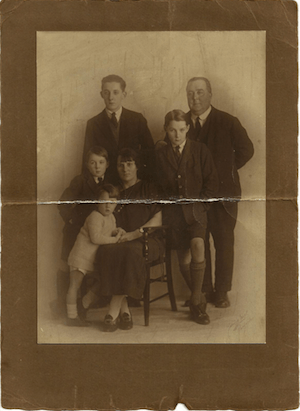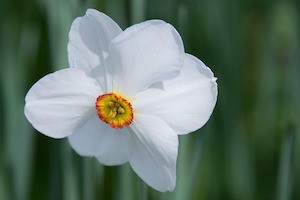Narcissism or high self-esteem?
You’re so vain, You probably think this song is about you.
Don’t you?
Don’t you?
 Oh you know the ones, who seem to be so ‘up themselves’ they’re barely aware of the effect that they’re having on other people around them?
Oh you know the ones, who seem to be so ‘up themselves’ they’re barely aware of the effect that they’re having on other people around them?
Ever wondered how they could have turned out that way?
Well, according to Brad Bushman, a communications and psychology expert from Ohio State University, you can blame the parents!
Blame the parents
 As parents, it’s natural to want to praise and encourage our children, and God help those poor kids who get little or no positive feedback from theirs. But there’s a difference between telling your child, when they’ve achieved something noteworthy, that she is amazing, he is a genius etc, and instead, saying, “You must have tried really hard.”
As parents, it’s natural to want to praise and encourage our children, and God help those poor kids who get little or no positive feedback from theirs. But there’s a difference between telling your child, when they’ve achieved something noteworthy, that she is amazing, he is a genius etc, and instead, saying, “You must have tried really hard.”
Songs of Praise
Telling your child they’re brilliant increases their chance of becoming a narcissist, when instead, acknowledging their efforts only raises their self-esteem and encourages them to try hard at the next task.
Is it narcissism or high self-esteem that’s the problem?
So has your child got narcissism or high self-esteem? It depends on how they value themselves compared with other people. When they have high self-esteem, they think of themselves as having equal worth to other people. Narcissism, however, is when they overestimate their abilities, take too many risks, wreck their relationships and hurt people and society. Needless to say, they hurt themselves too.
Long-term it’s disastrous
And it all starts in the early days when well-meaning parents overvalue their offspring’s accomplishments.
The best predictor of a narcissistic child isn’t how warm or loving (or otherwise) the parents are, or indeed whether or not the parents themselves are narcissists, but instead – the over-valuation of the children’s achievements.
Narcissism or high self-esteem issues? Are they the same?
 And that means they’re far more likely to grow up believing that they’re better than everybody else and deserve special treatment. And when they don’t get it, they’ll tend to lash out aggressively at people around them.
And that means they’re far more likely to grow up believing that they’re better than everybody else and deserve special treatment. And when they don’t get it, they’ll tend to lash out aggressively at people around them.
Now don’t panic! You can still whip out that well-caressed photograph of your child prodigy, the moment some innocent enquires after the family, but be careful how you think about your children, and focus on what we now know to be important.
Also, it’s never too late to change the tide. No need for the sackcloth and ashes just yet! As children grow they continue to be influenced by their parents and school and wider environment, so you haven’t ruined their tender minds forever.
 But start now, because people with high self-esteem tend to be the ones who can manage themselves and suffer less anxiety and depression in later life.
But start now, because people with high self-esteem tend to be the ones who can manage themselves and suffer less anxiety and depression in later life.
All you need is love
And as if you didn’t know, warmth and love win through every time. But don’t leave them guessing. You love ‘em. So…
Tell ‘em!

